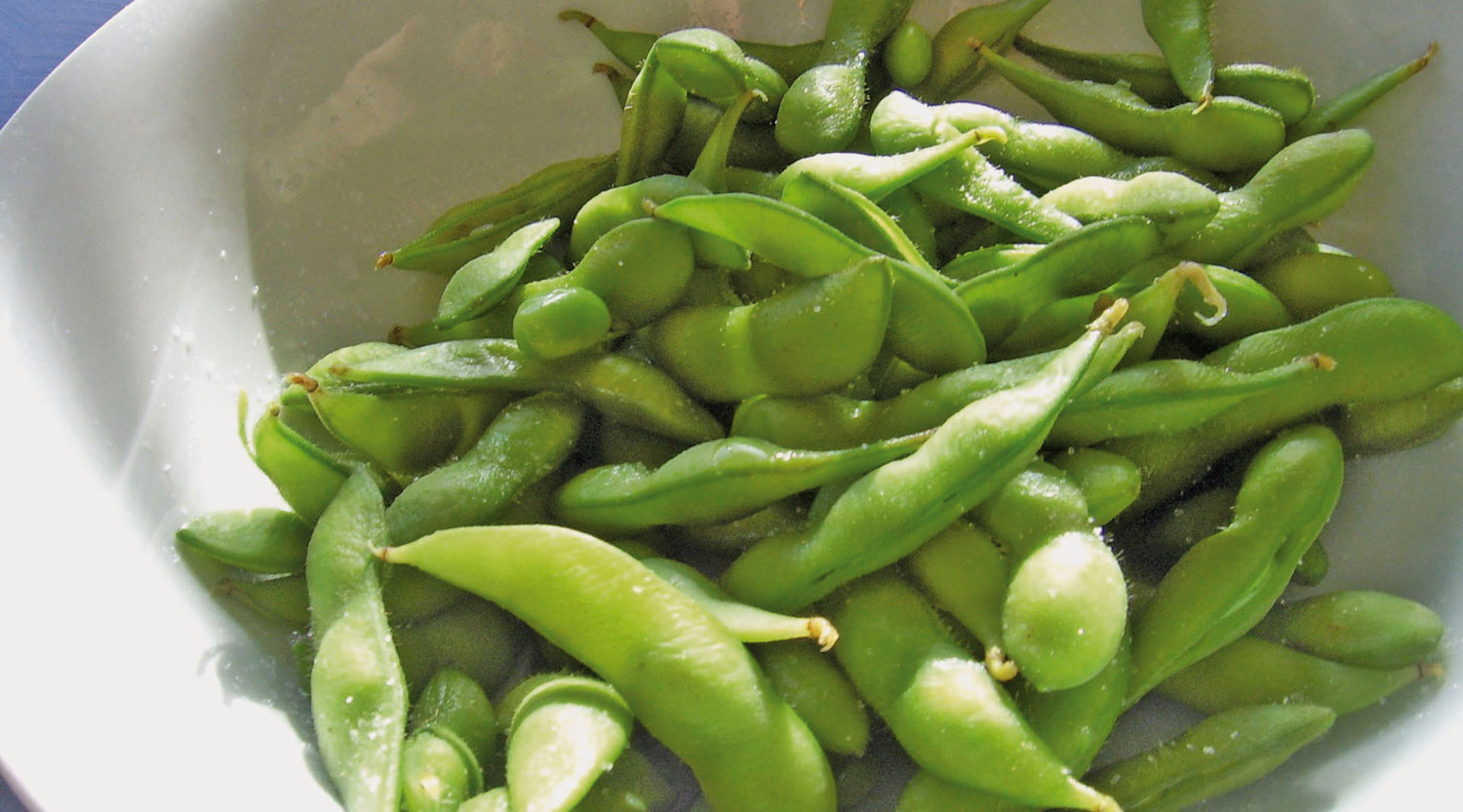

Soya has long been held up by nutritionists and vegetarians as a healthy protein source, but too much of the magic bean can actually have a negative effect on your health, according to experts.
Soya beans are 40 per cent protein, 20 per cent fat and 7 per cent readily digestible carbohydrate. The rest is water. And the bean contains no cholesterol, so it is a good option for people seeking to reduce their cholesterol levels.
But there is a downside. Soya contains phytic acid, a so-called anti-nutrient. “This binds minerals in the body and as such hinders their absorption,” says German nutritionist Brigitte Ahrens.
The bean also contains certain substances that could be a possible cause of intestinal problems. For this reason, experts say soya should not be fed to infants or small children.
Like other pulses, soya also contains purine. This decomposes into uric acid and is normally passed out of the body, but some people, such as those suffering from gout, have trouble passing this acid sufficiently.
“Uric acid can be deposited in the joints in the form of crystals, exacerbating the complaints associated with gout,” says Munich gastroenterologist Astrid Konrad. She advises gout sufferers to avoid soya.
Normal, healthy people can safely consume up to 25 grams of soya protein daily, equivalent to 75 grammes of dried beans.
The beans are best consumed fermented, as in products like soya sauce and tempeh, a traditional fermented dish from Indonesia. Miso, a traditional Japanese soya-based seasoning in paste form, is another fermented soya product.
The beans can also be prepared at home, for example by soaking overnight and forming into patties for a vegetarian burger. They can also be used in stews and soups.
There’s also another reason to limit soya consumption: Environmentalists are increasingly concerned about the large-scale destruction of South American rainforest to cultivate it.
Those concerned about the origins of their soya should look for the origin on the pack. However, most of the soya grown in South America is in fact destined for the animal feed market. — dpa
Oman Observer is now on the WhatsApp channel. Click here



